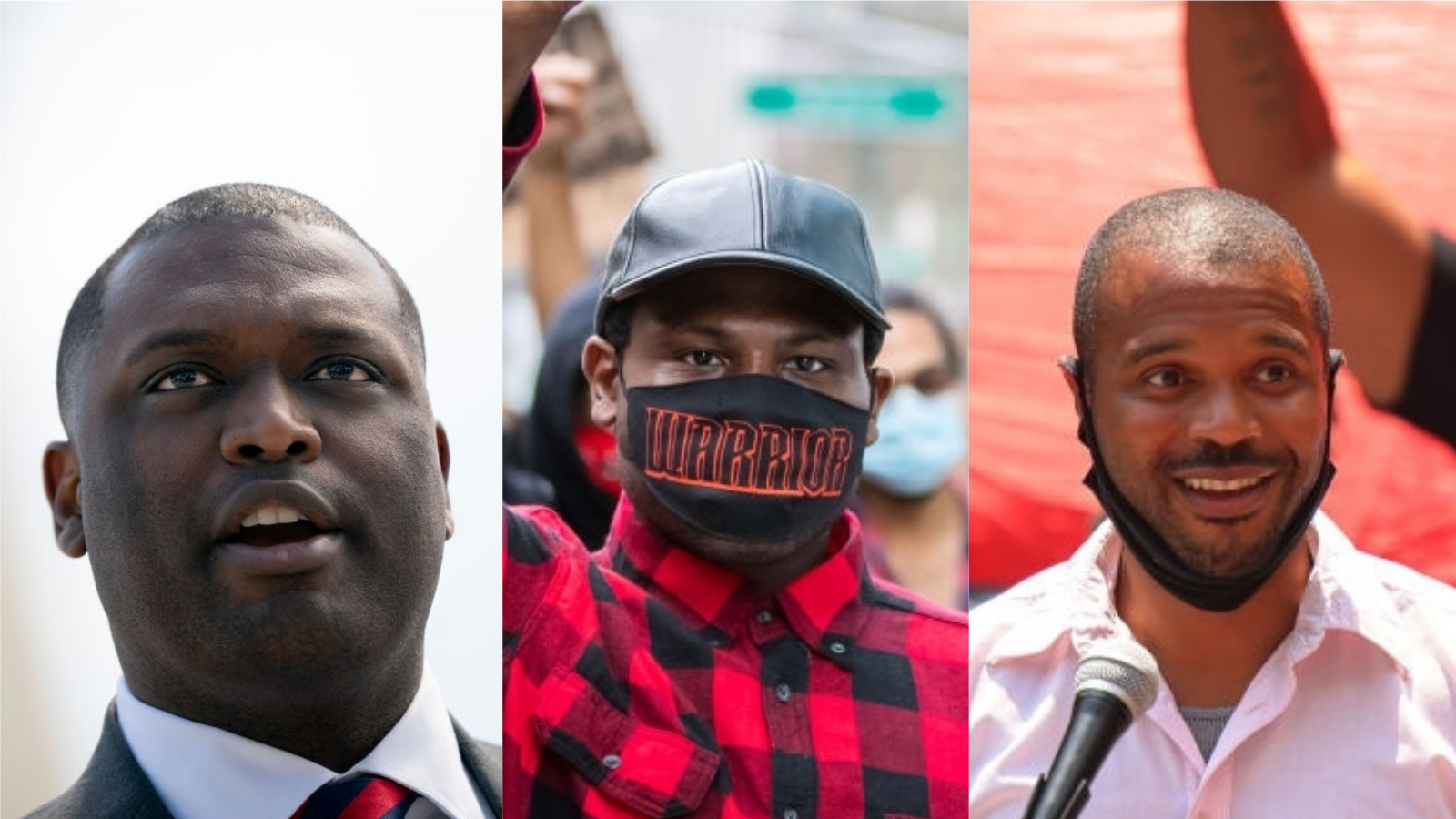LGBTQ+ representation among elected officials has increased dramatically from 2020 to 2021 according to LGBTQ Victory Institute’s Out for America 2021 report.
Between June 2020 and June 2021, LGBTQ+ officeholders increased by 17 percent, with 986 currently serving in the public space.
The report found that elected officials of color increased by 51 percent. Black LGBTQ+ stakeholders are growing at the highest rate, representing 9.2 percent of all LGBTQ+ officials compared to 7.6 percent of overall elected officials.
“Over the past year, we’ve seen an incredible jump in the number of LGBTQ people elected to public office — and they are becoming more representative of our entire community as well,” Mayor Annise Parker, President & CEO of LGBTQ Victory Institute said. “These public servants are leading the way in passing conversion therapy bans in city councils, fighting anti-trans bills in state legislatures and in passing the Equality Act in the U.S. House.”
Rep. Ritchie Torres (D-NY), who represents New York’s 15th district, is the first openly gay, Afro-Latino in Congress.
“Progress doesn’t happen by accident. We have to organize for it, we have to fight for it, we have to recruit candidates, raise funds, knock on doors, and win elections,” he said, Gotham Gazette reported.
Other Black LGBTQ+ officials include Sen. Kim Jackson, Georgia's first LGBTQ+ state senator, Mondaire Jones (D-NY) and Jabari Brisport (D-NY).
Earlier this month, Chi Ossé, a Black Lives Matter activist from Brooklyn, was elected to the New York City Council, becoming the first openly queer-identifying person appointed in the 36th district.
The findings also showed that queer elected officials rose 83 percent over the last year, the greatest increase of all other sexual orientations. As for partisan representation, 84 percent of LGBTQ+ elected officials are Democrats and only three percent are Republicans.
However, despite making tremendous progress, 28,116 more LGBTQ+ politicians still must be elected in order to obtain equitable representation.
“While LGBTQ elected officials are growing steadily in number, at this pace it will still take decades to come anywhere close to achieving equitable representation in government,” Parker revealed. “This lack of representation has enormous consequences, because LGBTQ elected officials are best positioned to defend against anti-LGBTQ legislative attacks and to change the hearts and minds of colleagues in supporting inclusive policies."
“A moonshot effort to increase our numbers is essential to advancing equality at every level of government – and a large part of that is showing LGBTQ people that running for office is our best bet to achieve lasting social change,” she continued.
The efforts to increase LGBTQ+ representation are indeed making their way across the nation. The report observed the number of LGBTQ+ legislators in 8 branches, including at thee local, state and national levels. Research shows 23 states have transgender elected officials serving and 29 states report non-cisgender legislators. Out of all 50 states, Mississippi is known to be the only one in the country without any openly LGBTQ+ elected officials.
California ranks number one with the highest number of LGBTQ+ elected officials, reporting 157. Pennsylvania and Illinois come in at number two and three, with 54 and 43 LGTBQ+ officials, respectively.
As Blavity previously reported, a coalition of LGBTQ+ rights advocates launched “LGBTQ in 2021,” in New York City in an effort to promote the elections of LGBTQ+ candidates.
The report’s key findings also demonstrated that only 0.19% of elected officials belong to the LGBTQ+ community despite making up 5.6% of the U.S. population. According to the report, LGBTQ+ elected officials are undeniably more racially and ethnically diverse than the overall elected official population, but are less diverse than the U.S. population.
Executive Director of LGBTQ Victory Institute Ruben Gonzales, acknowledged the diversity within the community, stating how LGBTQ+ officeholders’ impact resonates with people from all demographics.
“LGBTQ elected officials are significantly more diverse than the overall elected official population – so their impact extends beyond LGBTQ equality alone,” Gonzales said. “LGBTQ elected officials are on the frontlines in legislative efforts to end police brutality, defend voting rights and secure inclusive healthcare reform."
“LGBTQ people are represented in every community in America and that diversity allows for more thoughtful policy changes when we are in office,” he added.
Every letter on the LGBTQ+ spectrum, aside from transgender men and intersex people, saw an increase in representation. For the first time ever, cisgender LGBQ women outnumbered cisgender GBQ men state legislators.
“For the timing being, we should celebrate these advancements. We should amplify the possibilities for our youth and for one another. But it is my hope that diversity in government becomes so commonplace that it's no longer newsworthy when a trans person gets elected to public office,” Delaware Sen. Sarah McBride, who is transgender, said, Human Rights Campaign reported.
“We must recognize that diversity in government is not a luxury, but a necessity,” she continued. “The only way for government to craft solutions that meet the needs of a diverse community is to have the full diversity of that community represented at the table. When that becomes a reality, LGBTQ representation will no longer be the exception.”
